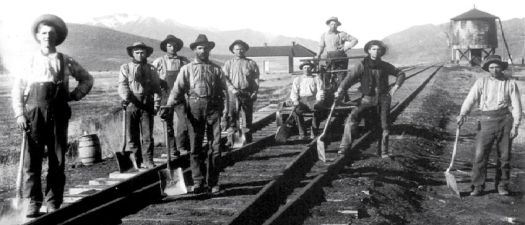Twice yesterday, tears came unbidden. Once when I was listening to my friend Kenneth Tanner proclaim, with clear and stunning conviction, how God is always and in every way the enemy of death, evil, and injustice. It’s remarkable how our theologizing and sermons, our bumbled attempts at comfort, our belabored equivocations in the face of dehumanizing evil, coax us into a gloomy stupor and blunt our unfiltered rage against every violent horror. Our many words (so many) mute the shadow-shattering pronouncement: Jesus is a friend to every human and every creature, but Jesus is a dread enemy to death and evil. I couldn’t stop the tears.
And then last night in the kitchen with Miska, as the yellow curry chicken simmered on the stove, we reflected on a story of devastating tragedy, the sort that would wreck any parent. The conversation opened inside me a larger reckoning with the agonizing pain so many of us carry, that terror and disillusionment that always lurks, just at the edge, ready to pour out its crushing weight. But into this abyss, the good news arrives. God is never far from our suffering, never distant from our despair. If the Cross tells us anything, it’s that amid great suffering — this is where Jesus’ love glimmers most radiant. In Jesus, God descends into the very center of every human horror. My eyes turned moist. God would rather die than leave us alone.
Buechner told us we should pay attention to our tears, especially our unexpected tears, because “more often than not God is speaking to you through them of the mystery of where you have come from and is summoning you to where, if your soul is to be saved, you should go next.”
My tears tell me that I’ve come from God and that my end is in God. And my tears tell me, I believe, that this is true for you too, true for all of us. Among the many questions that haunt us, I believe this one cuts closest to the bone: Is God truly, deeply, profoundly good and love — and will God be this goodness and love for us always?
Yes. No matter the anguish that crushes you. No matter the tsunamis that overwhelm you. No matter the loneliness that presses upon you. No matter how far you run. In Jesus, God stands with you, inside your dismay, closer than your breath, opposing all that is evil without us and within us, whispering to us the truth of God’s powerful, undying love. Always. To the end of the age. Amen.




 There’s more than a little pressure these days to live the grand life, to go full tilt, to know precisely where the world’s deep hunger and your deep gladness collide – and then to live from there. I appreciate the best expression of these reminders. Too many of us exist with a soul-numbing drudgery where we are never asked to exert anything of consequence, nothing that stirs the bones. We are never asked to ponder our true essence or to offer our unique voice. We’re never challenged to risk anything. No one ever pulls us aside to insist how essential it is that we pay attention whenever we believe something with such conviction or imagine some possible future with such clarity that we feel we might go crazy if we do not expend ourselves, even if the foolhardy pursuit likely means our ruin. Too many of us hand away the sturdiest part of ourselves, plug into the machine and acquiesce to the subtle cruelty of imposed expectations. We’re alive, but just barely.
There’s more than a little pressure these days to live the grand life, to go full tilt, to know precisely where the world’s deep hunger and your deep gladness collide – and then to live from there. I appreciate the best expression of these reminders. Too many of us exist with a soul-numbing drudgery where we are never asked to exert anything of consequence, nothing that stirs the bones. We are never asked to ponder our true essence or to offer our unique voice. We’re never challenged to risk anything. No one ever pulls us aside to insist how essential it is that we pay attention whenever we believe something with such conviction or imagine some possible future with such clarity that we feel we might go crazy if we do not expend ourselves, even if the foolhardy pursuit likely means our ruin. Too many of us hand away the sturdiest part of ourselves, plug into the machine and acquiesce to the subtle cruelty of imposed expectations. We’re alive, but just barely.

